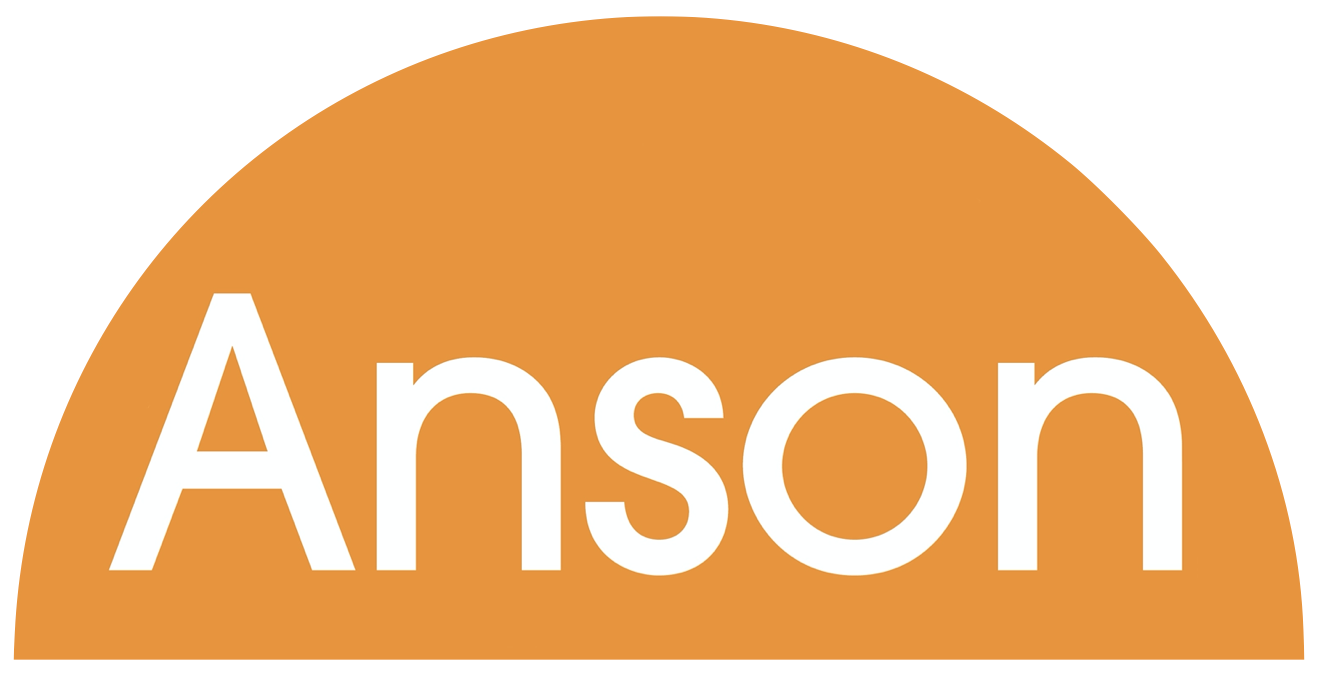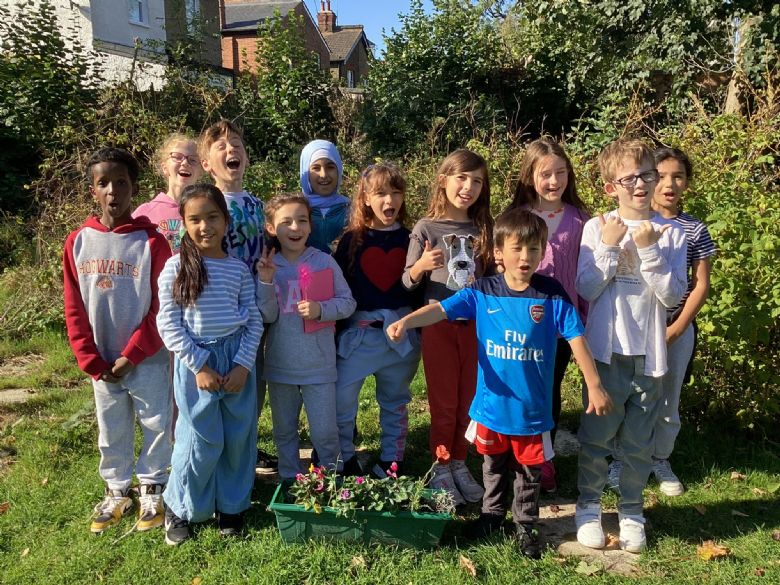Eco Council
Welcome to the Anson Primary School Eco-Council
Our Eco-Council is made up of 14 children from KS2. These children applied for the role due to their passion for nature, creative ideas to improve our school and desire to make a difference. We are incredibly proud of their efforts so far and for their wonderful enthusiasm. The children stay on the Eco Council for the duration of their time at school, unless they are elected to the School Council or choose other leadership opportunities. They meet regularly to discuss the school environment and how to tackle the issues in their action plan.
Anson Eco Council (2024-25)
(couple of new children to be added to our pic soon!)
Our Eco-Coordinator, is Mr Clargo, but the children are in charge. We meet every week and prefer to be outside because we love being part of the natural environment. We try to do something to improve our natural spaces or communicate our passion for our world every week.
We want to ensure that all of the members of the school community are spoken to about our action plan and have an opportunity to get involved. This includes parents and Governors of the school. For ideas of you can make a difference to our school, our community, our country and our planet, read on in the 'What can I do?' section. If you have a go at any of these things, or if you have been doing them for ages, please let us know because it is very encouraging to know that we are part of a wider community, all trying to make a better world.
You can read about our adventures and activities here, and see the pictures of our efforts.
Spring 2025
Week 1
We are going to review our actions and targets from the Autumn Term and decide on our priorities for the Spring. We will also check on the status of the bulbs planted by the whole school in December.
Autumn 2024
Here are some of the things we have been up to this term: examining our outdoor spaces to decide on an action plan; clearing out an old shed which will now become our Eco-shed for our tools, seeds and equipment; weeding, digging and clearing spaces; planting, watering and caring for our plants; campaigning for each class in our school to adopt an endangered animal through the WWF scheme; planting bulbs kindly donated by the MPGA to brighten up our spaces; and carrying out surveys to determine how children and staff get to school.
We will upload an exciting video showing all this work shortly.
What can I do?

ENVIRONMENTAL REVIEW
The Eco Council carry out an environmental review every year. We answer all the questions and then form an action plan for the whole school community to follow.
Environmental Review
Anson Primary School has been awarded the Bronze Eco-Schools award for their work in reviewing the environment, working with parents and setting actions for the academic year.

ACTIONS SO FAR
Our action plan focuses on...
- developing and creating an environmental area in the school.
- creating an environment where we reduce the use of plastic.
- reducing the amount of electricity we consume as a school.
 Single Use Plastic
Single Use Plastic
As part of our approach to tackling the problem of plastic pollution in London, the Eco-Council gave every child a new Anson water bottle.
Water is not only a healthy choice for children but the regular intake of water can improve concentration throughout the day.
The new bottles will also help us to protect the environment as we stop the use of single use plastic bottles in the school. We would ask that the children bring their water bottle to school each day, full to the brim of fresh water. They will be able to top it up during the day and then bring it home each evening for a refill and for you to check their name is still on the bottle.
 Recycling at Anson
Recycling at Anson
Recycling has changed at Anson under the Eco-Council. The school now recycles newspapers, magazines, brochures, envelopes and all flyers. It also recycles plastic bottles such as milk bottles. All cardboard packaging is collected too once a week. Plus food waste is also separated and collected weekly.
WHAT DO WE LEARN?
All classes, from Year 1 to Year 6, have 'Eco' lessons every week. We want to see happy, confident and creative children connecting with nature, learning more about the natural world, and taking positive actions to ensure we create a better and greener school, community, country and planet for everyone.
Everyone Can Create a Better Planet

